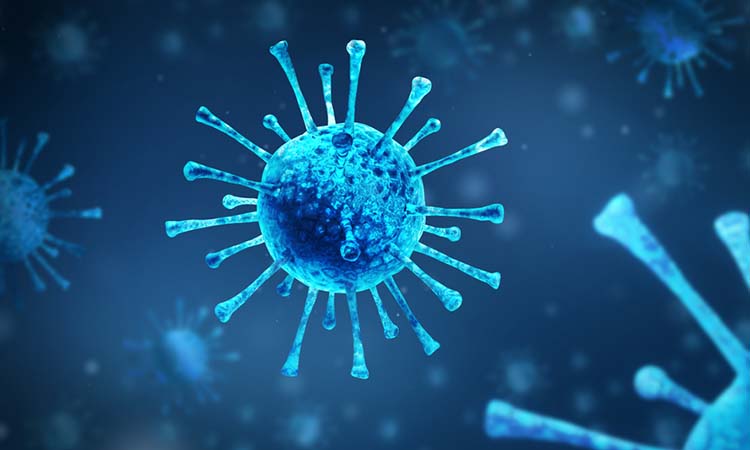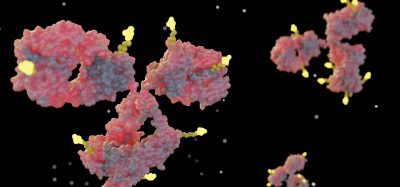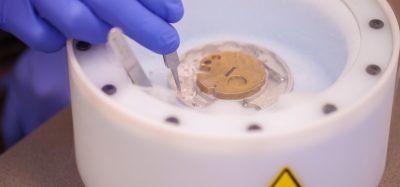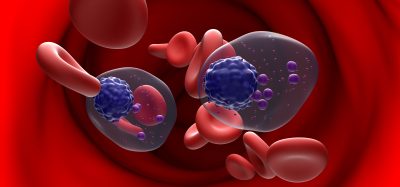Nasal administration of IgA antibodies protects from SARS-CoV-2
Posted: 12 January 2024 | Drug Target Review | No comments yet
Genetic engineering created IgA antibodies that bind to the SARS-CoV-2 spike protein in a similar way to IgG antibodies.


Nasal drops containing IgA antibodies can protect mice from SARS-CoV-2 infection, scientists at the Karolinska Institutet in Sweden have found. This finding offers a novel method of protecting individuals who are at a high risk from different variants of the SARS-CoV-2 virus and possibly other infections.
The absence or low levels of mucosal IgA antibodies, part of the adaptive immune system that reside naturally in the mucosal membranes of the airways, is known to be associated with an increased risk of SARS-CoV-2 breakthrough infections.
The current COVID-19 vaccines mainly stimulate an IgG antibody response in the body. Earlier studies have demonstrated that their ability to protect against infection from the new Omicron variants of the virus is limited.
Led by Dr Qiang Pan-Hammarström from the Karolinska Institutet, the team overcame this using genetic engineering to create IgA antibodies that bind to the SARS-CoV-2 spike protein in a similar way to the IgG antibodies.
Passive immunisation strategy
Mice infected with the Omicron variant received the IgA antibody treatment through nasal administration. The nasal drops significantly diminished the virus load in the trachea and lungs. It was observed that, compared to the original IgG antibodies, the IgA antibodies bound stronger to the spike protein of SARS-CoV-2 and were more effective in neutralising the virus.
First author of the paper Dr Harold Marcotte, Associate Professor at the Department of Medical Biochemistry and Biophysics, Karolinska Institutet, said: “The results show that these genetically engineered antibodies can strengthen the protection against new virus variants, but they are not intended to replace current vaccines…Traditional vaccines elicit an active immune response from the body, whereas this is a passive immunisation strategy.”
He continued: “An active immunisation approach that induces a mucosal immune response would be ideal, but hopefully our approach is suitable for protecting the most vulnerable individuals, like the elderly or immunocompromised persons.”
Other infectious diseases
There are also hopes that the method can be used to neutralise other current and emerging variants of the virus.
Dr Pan-Hammarström, last author of the paper, concluded: “We believe that this will be a very promising strategy, not only for COVID-19 and the new variants, but also for other infectious diseases, including influenza and other respiratory infections and gastric mucosal infections such as Helicobacter pylori, where there is no vaccine available at the moment.”
This study is published in PNAS.
Related topics
Antibodies, Covid-19, Vaccine development
Related conditions
SARS-CoV-2 Omicron variant.
Related organisations
Karolinska Institutet








